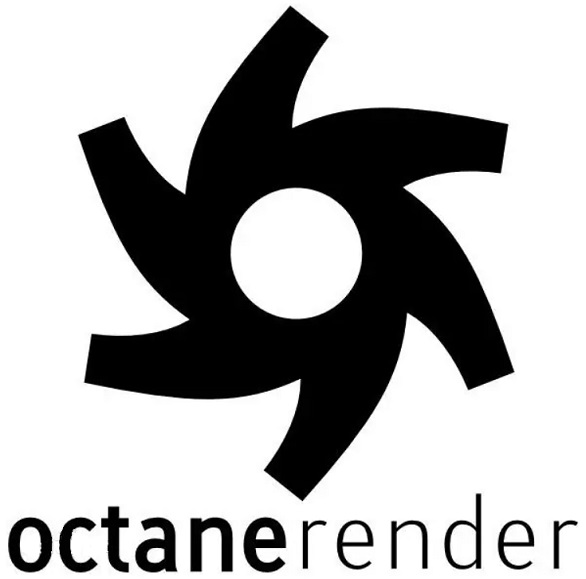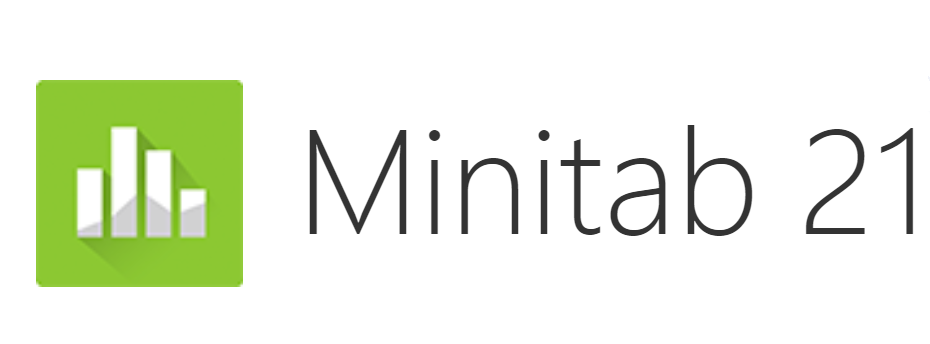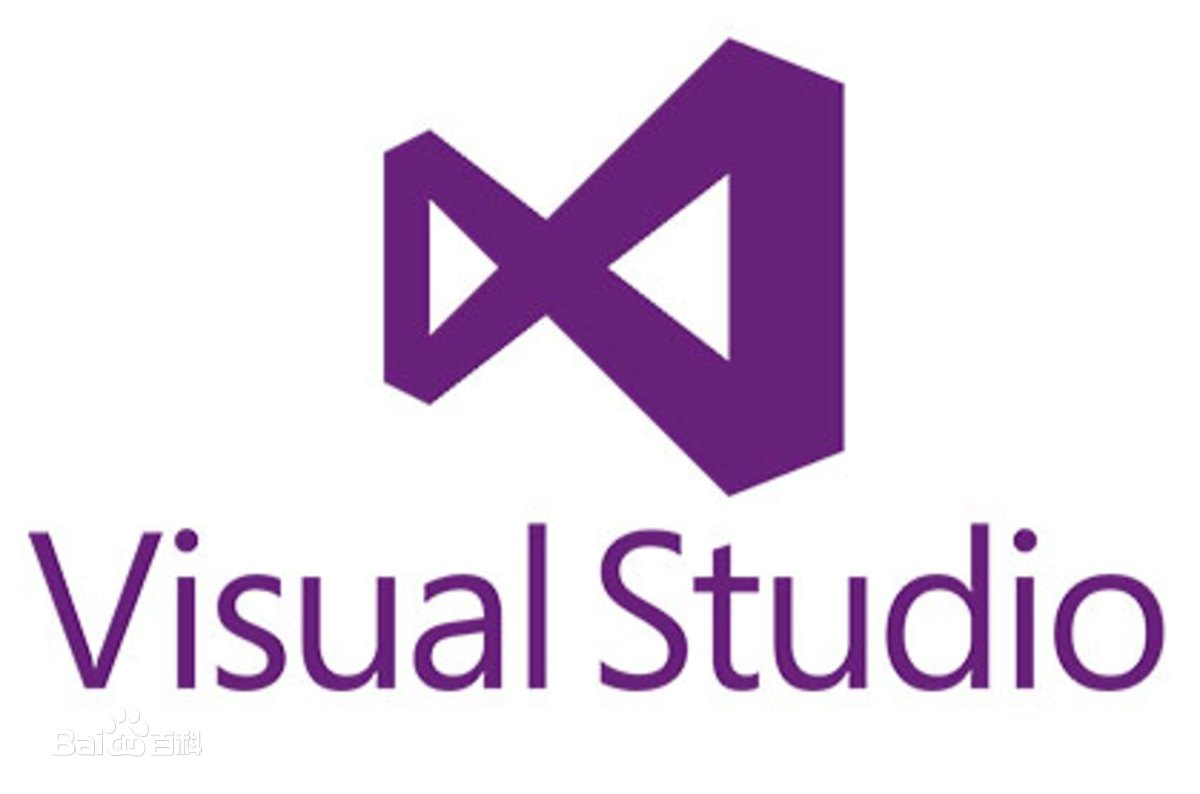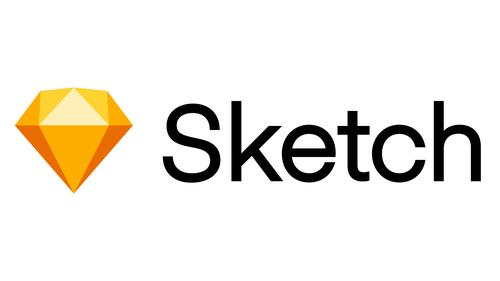Introduction

GitHub is a hosting platform for open source and private software projects, named GitHub because it only supports Git as the only version library format for hosting. GitHub has over 100 million developers, over 4 million organizations, and over 330 million databases
Function
As an open source code library and version control system, Github has become the preferred method for managing software development and discovering existing code as more and more applications move to the cloud.
As mentioned earlier, as a distributed version control system, there is no concept of a main library in Git. Each copied library can be used independently, and any inconsistencies between the two libraries can be merged.
GitHub can host various git libraries and provide a web interface, but unlike foreign SourceForge, Google Code, or Chinese coding services, GitHub's unique selling point lies in the ease of branching from another project. Contributing code to a project is very simple: first, click on the "fork" button on the project site, then check out the code and add the modifications to the code library that was just separated. Finally, apply for code merging to the project leader through the built-in "pull request" mechanism. Someone has already referred to GitHub as MySpace for code players.

Branching in GitHub is like making friends in Myspace (or Facebook), constantly connecting in the nodes of a social graph.
The GitHub project itself is naturally hosted on GitHub, but in a private library that is not visible to public views. Open source projects can be hosted for free, but private libraries are not. Chris Wanstall, one of the developers of GitHub, has affirmed the plan to financially support the hosting of free libraries through paid private libraries.
By engaging with clients, developing FamSpam, and even developing GitHub itself, GitHub's private library has been proven to be cost-effective. Anyone who wants to save time and stay away from the pain of frequent page transitions like other team members will gain the value they truly want from GitHub.
At GitHub, users can easily find a vast amount of open source code.

Characteristic
From code automation to cloud: Use GitHub Actions to cycle through code production faster and simplify workflows through GitHub Packages and built-in CI/CD.
Automated workflow: Generate, test, deploy, and run CI/CD in the same location as managing code in the required manner. Trigger Actions from any GitHub event to any available API. Generate Actions using the selected language, or choose from thousands of workflows and Actions created by the community.
Home package with code: Use Actions to automatically publish new package versions to GitHub Packages. Install packages and images hosted on GitHub Packages or preferred package registry in the CI/CD workflow. It is always free for open source code, and data transfer within Actions is unrestricted for everyone.
Jointly protecting software security: GitHub plays an important role in protecting global code security - developers, maintainers, researchers, and security teams. On GitHub, development teams from all over the world can collaborate to protect the security of the global software supply chain, from branching to completion.

Get alerts about vulnerabilities in code: GitHub continuously scans common languages for security recommendations. In addition, this feature will also send security alerts to the maintenance personnel of the affected repository and provide detailed information so that they can correct risks.
Automatic update vulnerability: GitHub monitors project dependencies and automatically opens pull requests to update dependencies to the minimum version that can address known vulnerabilities.
Find vulnerabilities overlooked by other tools: CodeQL is an industry-leading semantic code analysis engine. GitHub's revolutionary approach treats code as data to quickly identify security vulnerabilities.
Eliminate variants: Never make the same mistake again. Active vulnerability scanning can prevent vulnerabilities from entering the production environment.
Ensure token security: Accidentally submitting tokens to a public repository, with the support of 20 service providers, GitHub will take measures to ensure security.
Application
GitHub uses the git distributed version control system, which was originally created by LinusTorvalds to assist in Linux development. It targets the Linux platform, so git and Windows have never been best friends because it is not like Windows at all. GitHub has released GitHub for Windows, providing an easy-to-use Git graphics client for Windows platform developers.

GitHub for Windows is a Metro style application that integrates self-contained versions of Git, bash command-line shell, and PowerShell's posh git extension. GitHub provides a basic graphical front-end for Windows users to handle most commonly used version control tasks, creating version libraries, submitting patches to local version libraries, and synchronizing between local and remote version libraries. Microsoft has also provided developers with a GitHub version control system through CodePlex, while GitHub has created a more attractive version of Windows.









